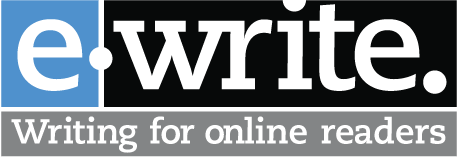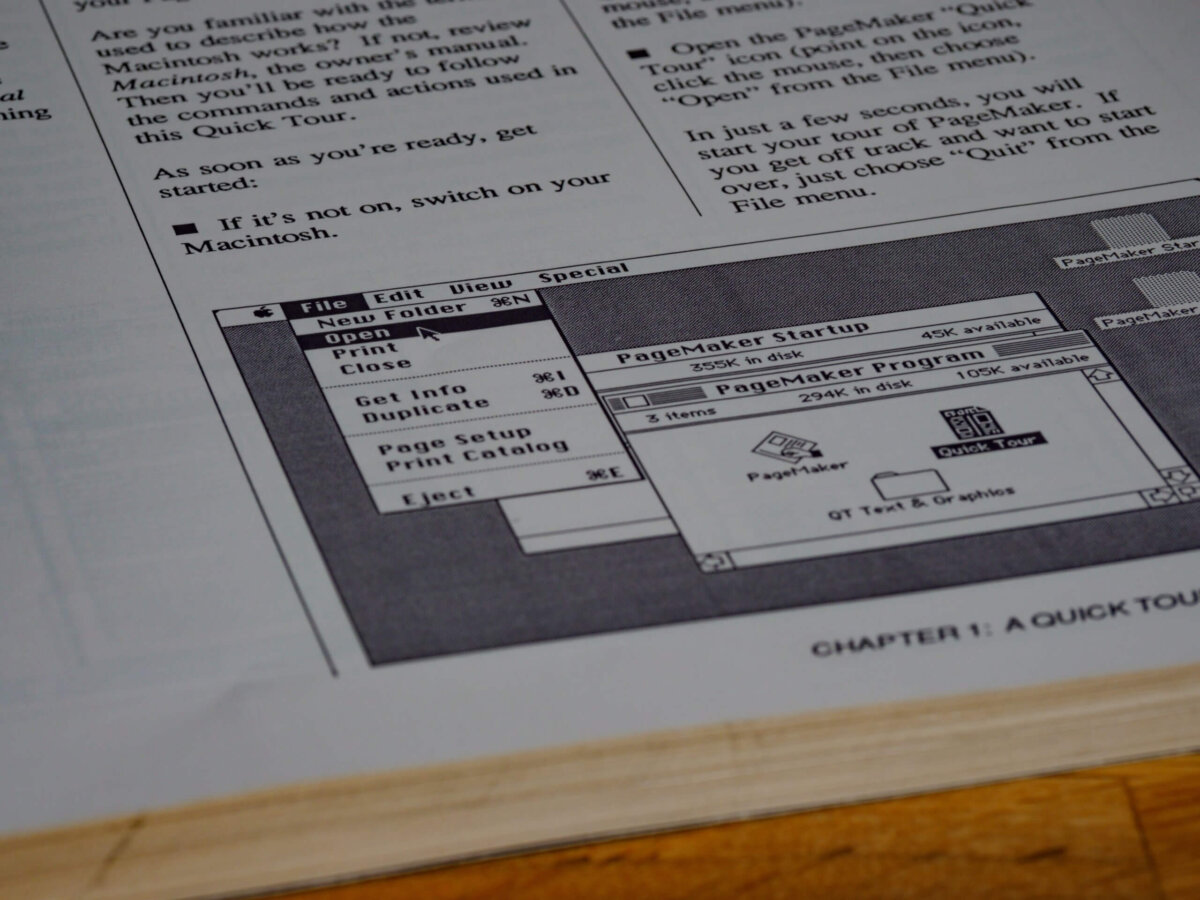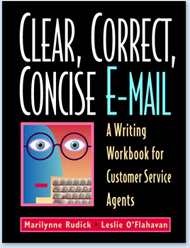A plain language colleague recently shared this tale about jury duty. (He’s given me permission to use it.) Here’s the story, in his own words:
“If you are called to serve as a grand juror in the District of Columbia, as I have been, you are sworn in using the following oath. Do you have any idea what you are swearing to?…
Do you and each of you as members of the grand jury for the District of Columbia solemnly swear that you will diligently, fully and impartially inquire into and true presentment make of all offenses which shall come to your knowledge and of which the superior court of the District of Columbia has cognizance: that you will present no one from hatred or malice nor leave anyone unpresented from fear, favor, affection, reward, or hope of reward; that you will keep secret everything said, discussed, or viewed in the grand jury room and that you will to the best of your ability perform all the duties enjoined upon you, so help you God?
…After [we jurors had taken] the oath, the judge asked if there were any questions. I raised my hand and said that we had just sworn to do something that was unclear to me, and that I particularly did not understand the meaning of the word ‘present’ as used in the oath. I asked the judge if he could please explain to me what we had sworn to.
After much deliberation, he said that we swore to carefully consider the evidence and make an impartial decision. He also said that he would ask the chief judge if the oath could be rewritten more clearly.
I’ll be released from jail next week. (Just kidding.)”
Great story. I like how it took the judge “much deliberation” to paraphrase the oath in plain language and how he needed to ask permission to have the oath rewritten so it would be easier for jurors to understand!
My colleague’s story made me curious about plain language progress in the courtroom, where jurors’ understanding of what they’re being asked to do really does have life-or-death consequences. It turns out that many state and federal courts have revised the instructions they give to jurors so they can understand what they’re promising to do. And some of these revisions are award-winning. The Center for Plain Language gave a 2011 ClearMark Award to the State Bar of Texas for revising the Texas Pattern Jury Instructions: Admonitory Instructions.
- Compare the Texas Bar’s Before version to its After.
- Review the Utah State Courts Guidelines for Drafting Plain-Language Jury Instructions
- Read the Colorado Bar Association’s Proposed Plain Language Revisions to criminal jury instructions







I’ll be talking about this at the Clarity Conference in May. Please come:
https://sites.google.com/site/claritydc2012/
You will see that inside processing most expereince of living insurance rates, you will have to present plenty of detail concerning yourself. All these records on your daily life may seem to be irrelevant for your requirements or also detailed but it is crucial to compute the quality rates. Such details revolves around your actual age, gender, and also medical data.
The particular crime fee is improving at a great alarming rate and so you will need to install a totally fledged safety system. There are many features in which constitute inside forming the most effective home safety system. Mentioned listed here are the leading attributes a homeowner need to check just before getting residence surveillance method services.
Just about any homeowner can easily dream up a really long set of remodeling projects that will interest the particular homeowner or family. Several prospective remodeling projects may have beneficial influence on the residence’s resale benefit. F.